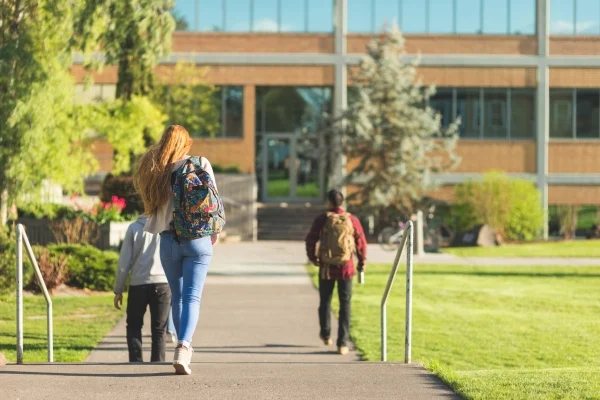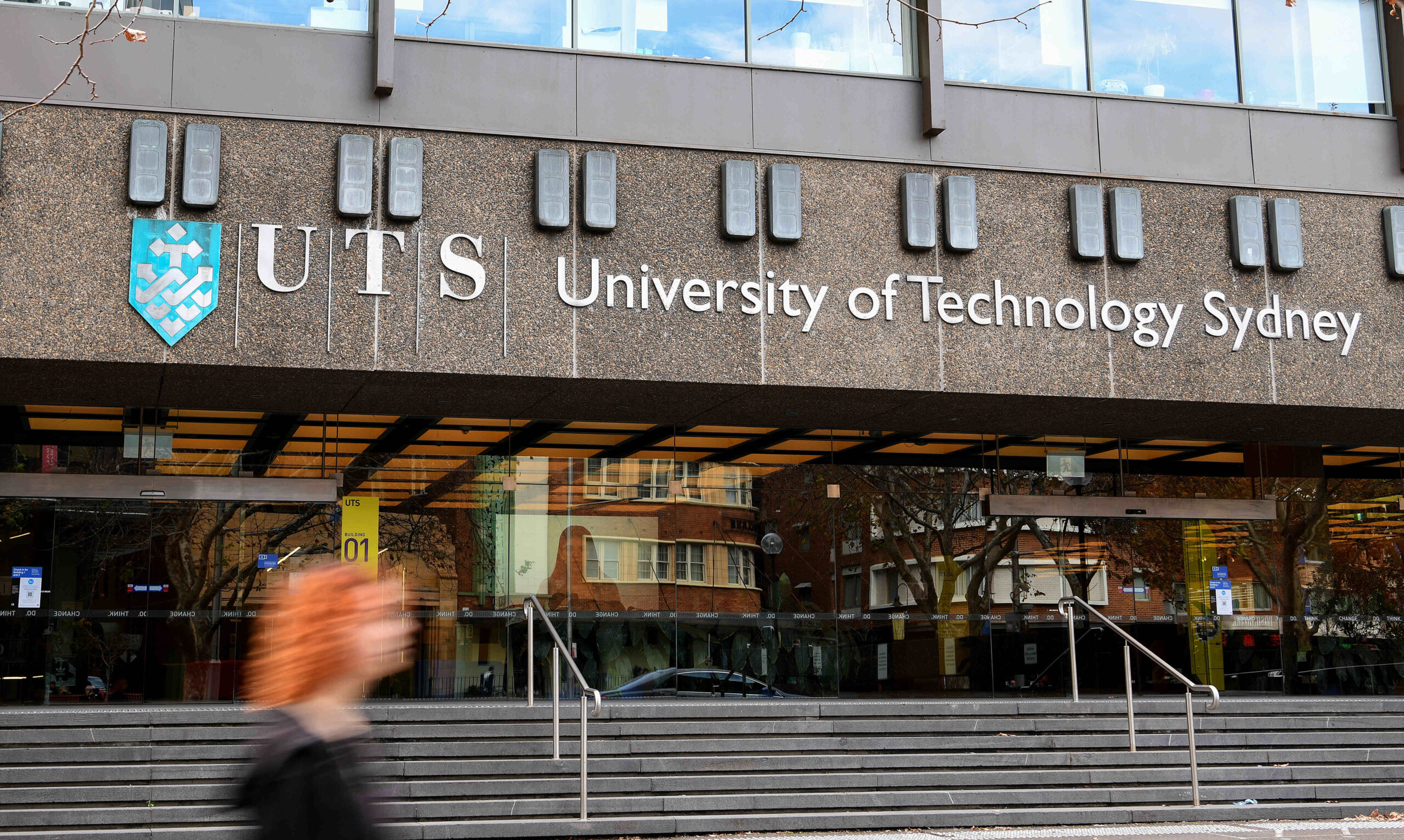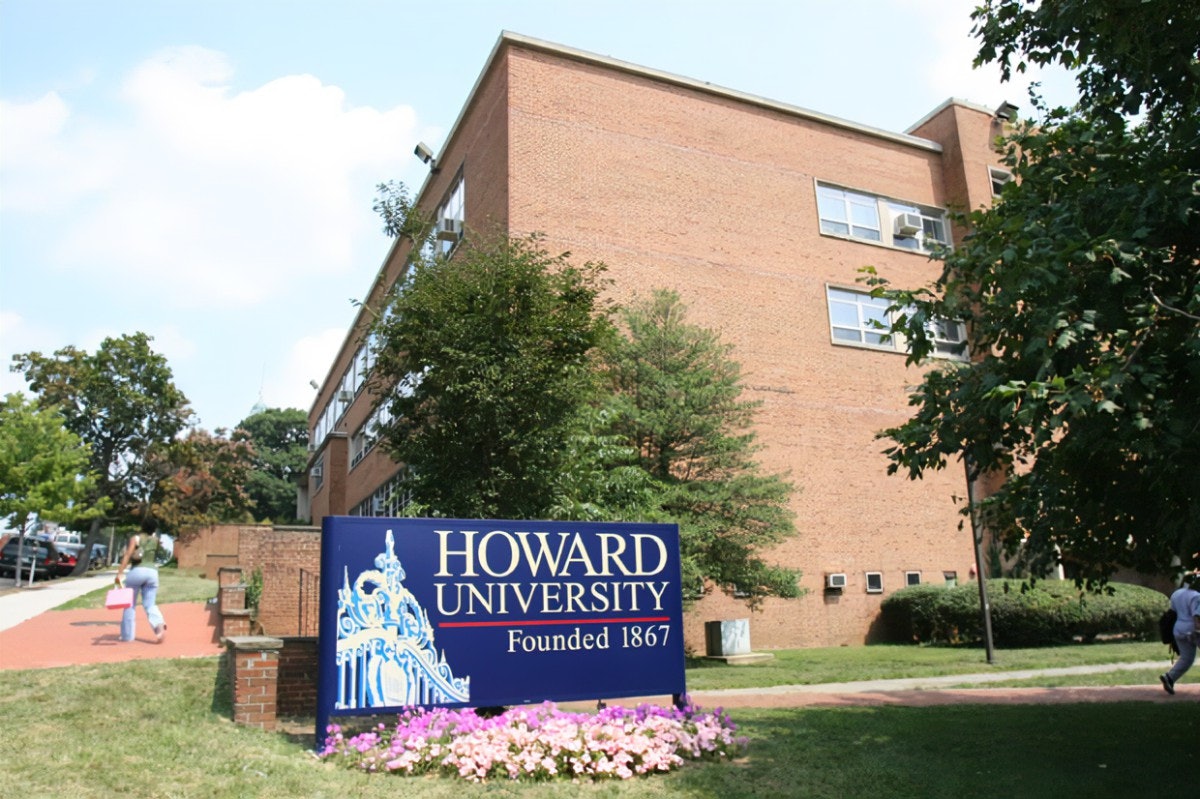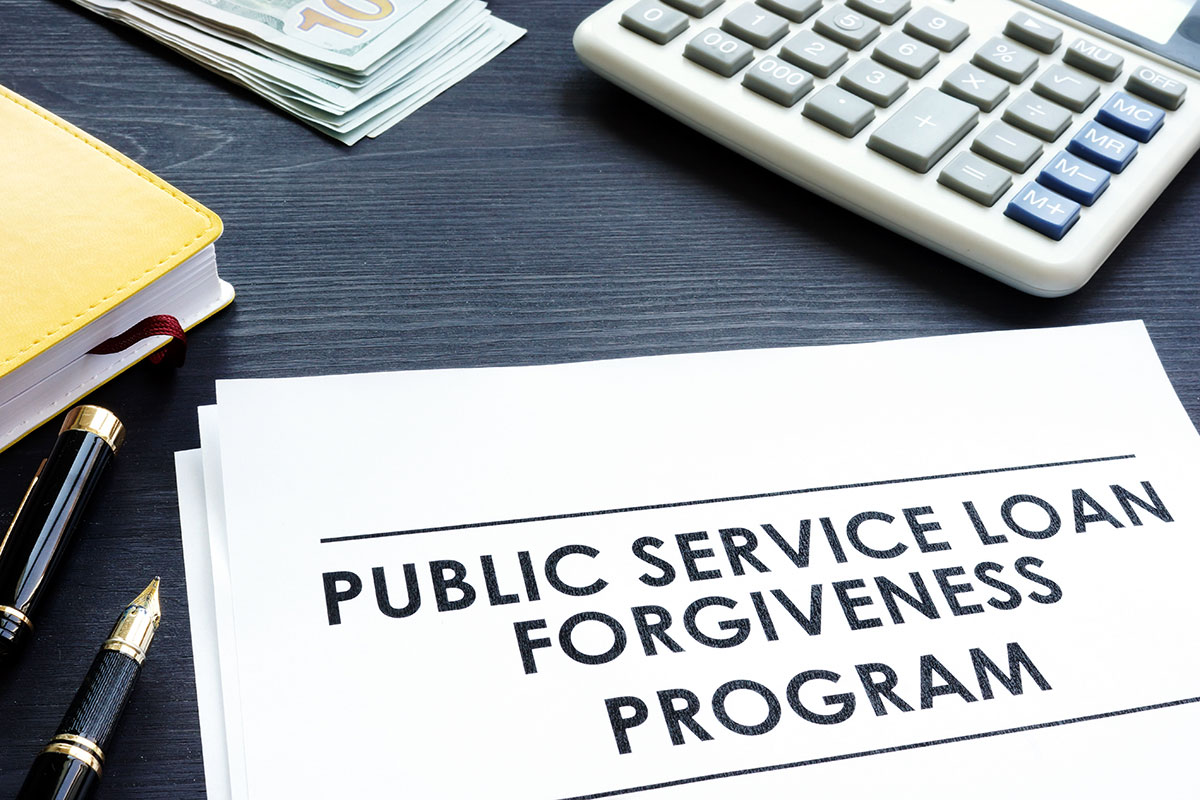Colleges that help provide economic mobility for first-generation and low-income students are more likely to have recruitment and retention practices that focus on sense of belonging.
FatCamera/E+/Getty Images
As college students have become more diverse over the past few decades, a growing focus in education policy has centered on the university’s role in influencing their economic mobility.
New research from Public Agenda evaluates the promising practices colleges and universities employ to improve the earning potential of students from low-income families and provide a stronger return on investment, compared to other institutions.
The report outlines three primary themes across policies and practices to advance student success: involving families, creating supportive campus systems, and investing resources in low-income students.
Survey says: Two in five students said one of their main reasons for attending college is to increase their earnings potential, according to data from Inside Higher Ed’s 2025 Student Voice survey. The most popular response was “to pursue a specific career or profession,” followed by “to gain knowledge and skills.”
Students aged 25 and older were more likely to signal they enrolled to increase earnings potential (53 percent), as were students working full-time (48 percent) and those attending two-year colleges (44 percent), compared to their traditional-aged peers or four-year counterparts.
Methodology: Staff at Public Agenda traveled to 10 colleges or universities in Michigan, Texas and California in 2024 to conduct interviews with administrators, faculty and staff; they also held focus groups with students and alumni. In addition to the qualitative research, Public Agenda leveraged data from the Department of Education’s College Scorecard to evaluate trends in socioeconomic mobility by institution type and student persona.
The research: One of the overarching takeaways Public Agenda staff gleaned from their site visits was that the institutions most effective in boosting students’ economic mobility tended to value and respect student-facing staff and their perspectives on improving systems.
“Success at the institutions we studied depends on cultivating an environment in which everyone recognizes that the people who interact directly with students possess the most important information and have the clearest ideas about how to fix problems,” according to the report.
The evaluated colleges prioritized recruiting first-generation students and engaging with their families to help them understand the accessibility and value of higher education, because they were most likely to go straight into the workforce from high school, rather than consider college.
“When senior leaders and front-line staff at these institutions refer to ‘the competition,’ they are talking about the forces pulling students away from college—not about other colleges,” the report said.
It also noted that families and local schools are invited to campus for various events to establish familiarity and comfort with the institution. Offering resources in various languages or connecting families with bilingual staff can build trust and demonstrate commitment. Hiring staff who share identities with students, or are alumni themselves, can create a support system that helps first-gen and low-income students feel seen and understood.
“The baseline of shared experience functions as a lubricant, reducing friction in efforts to achieve commonality of purpose among everyone working at the institution,” according to the report.
Providing peer-to-peer resources and creating physical spaces on campus that engage learners can also establish a sense of belonging.
In addition, researchers noted that creating affordable pathways to education can increase students’ overall economic mobility. Each of the states evaluated had some form of state funding for low-income students to enroll in college, and many had institution-level initiatives that bridge funding gaps between the Pell Grant and state dollars.
In addition to meeting tuition costs, colleges invested dollars in data systems that relieved staff of burdensome administrative duties and increased the number of academic advisers on campus to provide more personalized, one-on-one advice and encouragement for students.
Other trends: Researchers also underscored the role of financial stability in achieving socioeconomic mobility for low-income students. Financial obstacles and personal challenges are the top reasons students leave college.
Ensuring students are aware of how to access emergency aid on campus or other social support benefits, such as food pantries or childcare assistance, is also critical, researchers wrote.
Many low-income students work while enrolled, so creating opportunities for student employment on campus or connecting students to meaningful employment experiences can help them stay on track to graduate and develop career skills.
Get more content like this directly to your inbox. Subscribe here.







